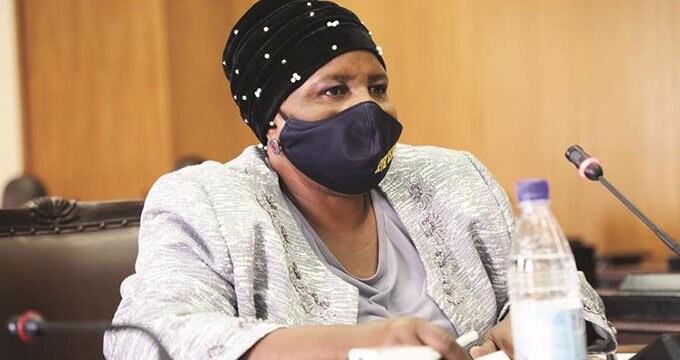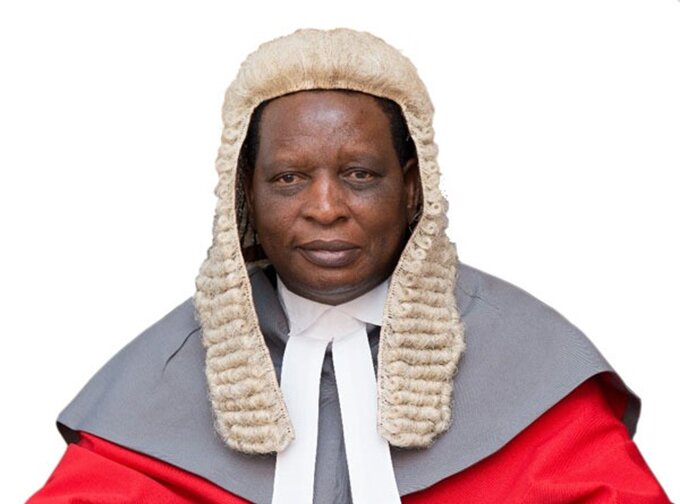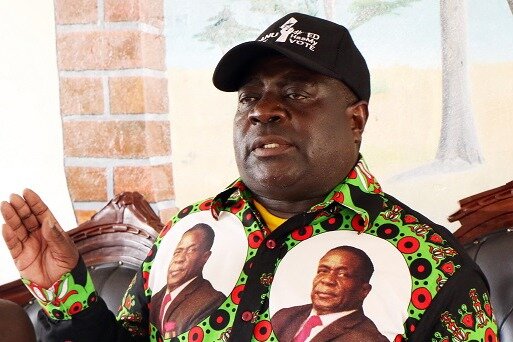HARARE – Zimbabwe’s fragile economy continued to implode yesterday as several companies temporarily shut down at a time prices of basic commodities continue to rise exponentially due to lack of foreign currency.
Sifelani Jabangwe, president of the Confederation of Zimbabwe Industries, yesterday said some companies were temporarily closing down to ascertain the current harsh economic environment.
“Principally, the companies are trying to adjust to new policy announcements. In any case, once there are new policy announcements, such as the budget, companies take time to review, see impact on operations and profitability in the short to long term,” he said.
“Therefore, in the current scenario, some of the policies were announced on Friday and by the weekend, companies were still studying such, which could have resulted in market supply bottlenecks and compounded by panic-buying, and the speculative parallel market rates, there have been some shortages,” he added.
Greenwood Pharmacy outlets were closed yesterday presumably to “assess” the situation while a number of other shops downtown were also closed.
Advertisement
However, some outlets such as Trinity Pharmacy changed their pricing to the United States (US) dollars.
The southern African nation is currently battling a cholera outbreak, grinding poverty, rising inflation, food, cash and fuel shortages, which have pushed the economy into deep turmoil.
Long winding queues were observed at service stations and supermarkets in Harare and other towns at the weekend as motorists and consumers were hoarding commodities in anticipation of more price increases.
A thriving parallel market saw the United States dollar trading at over 230 percent yesterday on the streets of Harare against bond notes and real time gross settlement system (RTGS).
Prices of basic commodities spiralled out of control over the weekend with a two-litre cooking oil bottle selling for at least $14 bond notes from $3,49 a week ago while other shops pegged the price at US$10.
Jabangwe said business is praying for the greenback’s parallel market rate to taper down as the week progresses and the situation returning to normal.
“The open market rates are a major cost driver, and as companies also seek to maintain stocks, they ended up getting foreign currency at higher premiums which in the end spiralled to price increases. The biggest policy that industry has been reviewing is from a tax perspective, where some products are exempted, and that calls for companies to actually determine the impact, and recommend way the forward, hence some held on to their deliveries over the weekend.
“But overall, the economy is not bad, the $500 million nostro stabilisation facility will also go a long way in stabilising the current situation,” he said.
The country’s economic health deteriorated sharply after Finance and Economic Development minister Mthuli Ncube introduced a new tax to increase government revenue in order to improve its capacity to pay its rising debt.
Reserve Bank of Zimbabwe governor John Mangudya, who is currently in Indonesia for the World Bank and International Monetary Fund meeting, was forced to issue a statement over the weekend to calm down nerves.
Advertisement
Mangudya said the country was drawing down about $500 million to procure fuel, drugs, electricity and raw materials for cooking oil and other essentials.
Zimbabwe National Chamber of Commerce chief executive Chris Mugaga, however, said the move by the central bank will not help much to ease tension in the country.
“Our challenges are beyond currency, we need to start producing as a country. We are sitting on a time bomb, how can government secure a $500 million facility to finance activities such as fuel importation, which is non-productive?” he queried.
“In any case, it means fuel here is overvalued and government is subsidising fuel through the local currency that is RTGS.”
Mugaga said price increases are a reflection that government has quasi adopted the official use of local currency, de facto-local currency.
“The moment government continues to tell the market that the United States dollar is pegged at par with bond notes, they are simply burying inflation without providing cover, and that will explode one way or the other,” the trained economist said.
Regional think-tank NKC African Economics indicated that Zimbabwe’s economic problems should be addressed at the roots — high government expenditure.
“The current levels of government misspending in the context of high debt levels are simply unsustainable. The wheels are likely to come off at some point if the government continues down this path. We forecast Zimbabwe to register a fiscal deficit of 14,6 percent of gross domestic product in 2018,” the research firm added. — The Financial Gazette







